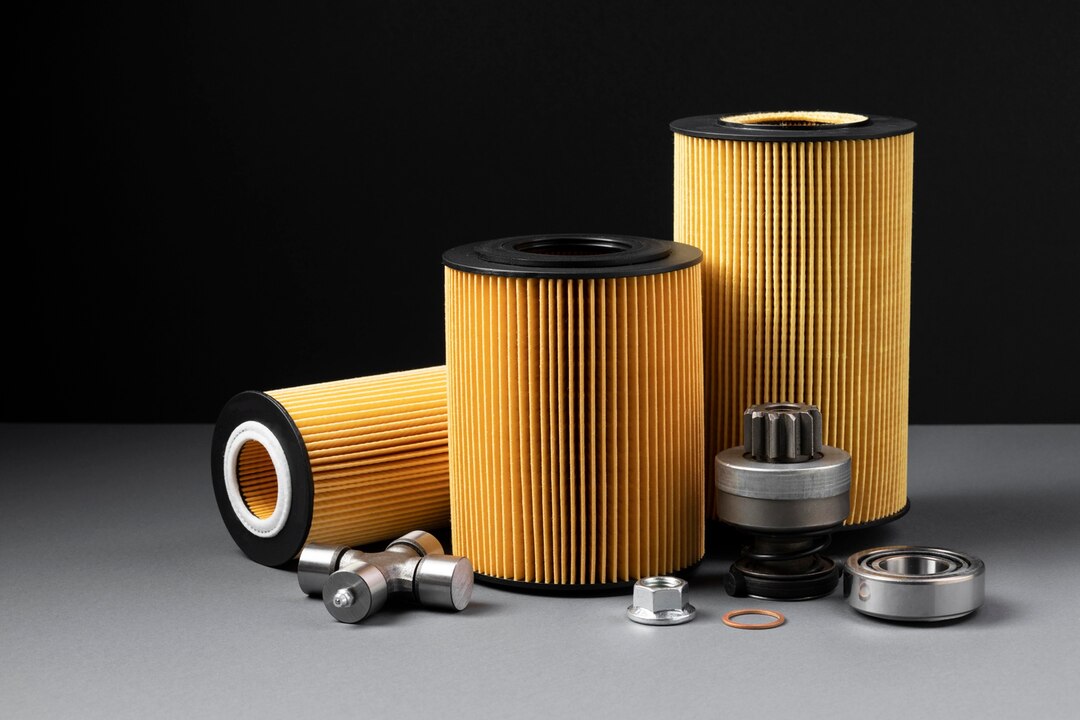The air filter is a critical component of your vehicle’s engine, responsible for filtering out dust, dirt, pollen, and other contaminants from the incoming air. A clean and efficient air filter is essential for maintaining optimal engine performance, fuel efficiency, and overall vehicle longevity. Over time, however, the air filter can become clogged and dirty, leading to potential issues that may affect engine performance and fuel economy. In this article, we’ll explore 10 signs that indicate your car air filter may need replacement, helping you keep your vehicle running smoothly and efficiently.
- Decreased Acceleration:
One of the most common signs of a dirty air filter is decreased acceleration or sluggish performance when accelerating. A clogged air filter restricts the flow of air into the engine, leading to reduced engine power and slower acceleration response. - Reduced Fuel Efficiency:
A dirty air filter can negatively impact fuel efficiency by restricting airflow to the engine, which can lead to a rich air-fuel mixture and increased fuel consumption. If you notice a sudden decrease in fuel economy or if you find yourself refueling more frequently than usual, it may be due to a clogged air filter. - Engine Misfires:
A clogged air filter can disrupt the air-fuel mixture entering the engine, resulting in incomplete combustion and engine misfires. Symptoms of engine misfires include rough idling, hesitation or jerking during acceleration, and a noticeable decrease in engine performance. - Check Engine Light:
The illumination of the check engine light on the dashboard is often an indication of various mechanical issues, including a dirty or clogged air filter. If the check engine light remains illuminated or if you notice other symptoms such as reduced performance or rough idling, it’s essential to have your vehicle diagnosed by a qualified mechanic. - Unusual Engine Sounds:
A dirty air filter can cause the engine to produce unusual sounds, such as wheezing, whistling, or sucking noises, as it struggles to draw in sufficient air for combustion. These noises may be most noticeable during acceleration or under heavy load conditions. - Smoky Exhaust:
A clogged air filter can affect the air-fuel mixture entering the engine, leading to incomplete combustion and the production of smoky exhaust emissions. If you notice excessive smoke or soot coming from the exhaust pipe, it may indicate a problem with the air filter or other engine components. - Strong Odors Inside the Cabin:
A dirty air filter can lead to poor air circulation inside the cabin, resulting in musty or unpleasant odors. If you notice strong odors, particularly when the HVAC system is running, it may be a sign that the cabin air filter is clogged or in need of replacement. - Reduced Airflow from Vents:
A clogged cabin air filter can restrict airflow from the HVAC system, leading to reduced ventilation and comfort inside the vehicle. If you notice a decrease in airflow from the vents or if the airflow feels weak or restricted, it may be due to a dirty cabin air filter. - Visible Dirt or Debris:
Inspecting the air filter visually is a simple way to determine if it needs replacement. Remove the air filter from its housing and inspect it for visible dirt, debris, or clogging. If the filter appears dirty or clogged, it’s time to replace it with a new one. - Adherence to Maintenance Schedule:
As a preventative measure, it’s recommended to replace the air filter according to the manufacturer’s recommended maintenance schedule or at specific mileage intervals. Most manufacturers recommend replacing the air filter every 15,000 to 30,000 miles, depending on driving conditions and vehicle usage.
The air filter is a vital component of your vehicle’s engine and cabin ventilation system, responsible for ensuring clean air intake and maintaining optimal engine performance. By recognizing the signs of a dirty air filter, including decreased acceleration, reduced fuel efficiency, engine misfires, check engine light illumination, unusual engine sounds, smoky exhaust, strong odors inside the cabin, reduced airflow from vents, visible dirt or debris, and adherence to maintenance schedule, you can take proactive measures to address issues promptly and ensure the continued reliability and efficiency of your vehicle. If you notice any of these signs, it’s essential to have your air filter inspected and replaced if necessary to maintain optimal engine performance and ensure a comfortable and healthy driving experience.











